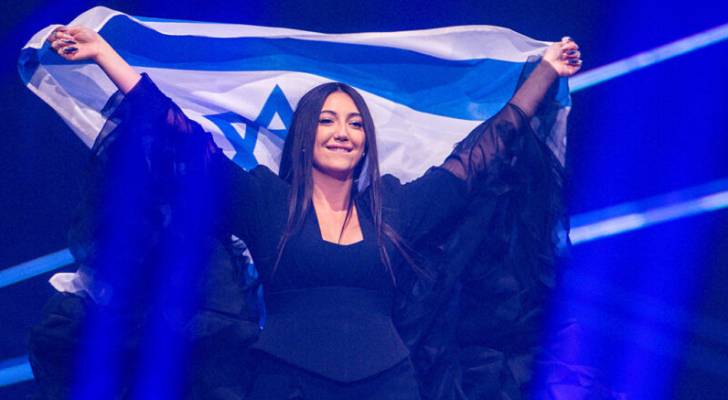‘Israeli’ contestant Yuval Raphael during a rehearsal for the final show of the 69th Eurovision Song Contest on May 16, 2025 in Basel, Switzerland.
Germany slams Eurovision boycott threats over ‘Israel’ participation
Germany's Minister of State for Culture and the Media, Wolfram Weimer, has strongly condemned threats by several European countries to boycott next year’s Eurovision Song Contest if ‘Israel’ is allowed to participate.
Weimer decried Saturday the move as a dangerous politicization of a cultural event and a betrayal of the contest's founding principles.
Read more: “Dumb and pointless”: Austria slams Eurovision 2026 boycott over ‘Israel’ participation
"Eurovision was founded to bring nations together through music. Excluding Israel today goes against this fundamental idea and turns a celebration of understanding between peoples into a tribunal," Weimer stated.
"It's precisely because Eurovision was born on the ruins of war that it should not become a scene of exclusion,” he added.
The minister's comments come amid a growing political standoff over the competition. A number of prominent public broadcasters from countries including Spain, Ireland, Slovenia, Iceland, and the Netherlands have publicly threatened to withdraw from the 2026 contest, which will be hosted in Austria, if ‘Israel’ participates. These calls for a boycott have intensified in the wake of the aggression on the Gaza Strip.
Read more: Poland’s Culture Minister calls for Eurovision boycott if ‘Israel’ competes
"Eurovision is based on the principle that artists are judged on their art and not on their nationality. The culture of cancellation is not the solution—the solution is diversity and cohesion," he said.
The host nation, Austria, has also expressed its concern over the boycott threats. Austrian Foreign Minister Beate Meinl-Reisinger described cultural boycotts as "dumb and pointless" and wrote to her counterparts in the boycotting countries to express her "deep concern" about the risk of a "rift" within the European Broadcasting Union (EBU).
Meinl-Reisinger argued that excluding ‘Israel’ would not improve the humanitarian situation in Gaza and would only "deepen the discord".
The EBU, which organizes the event, has maintained that Eurovision is a "non-political music event" and a competition between public service broadcasters, not governments. It has stated that the ‘Israeli’ public broadcaster, KAN, "met all the competition rules" for participation.
The controversy has been further fueled by the results of the most recent contest, where ‘Israel's’ entry received an overwhelming 297 points from the public televote, despite receiving only 60 points from the juries. This disparity has led some broadcasters to question the methodology of the voting.
The EBU initiated a consultation process with its 37 member broadcasters in July to discuss the growing divisions, with a final decision on ‘Israel's’ participation to be made at the EBU General Assembly in December.




